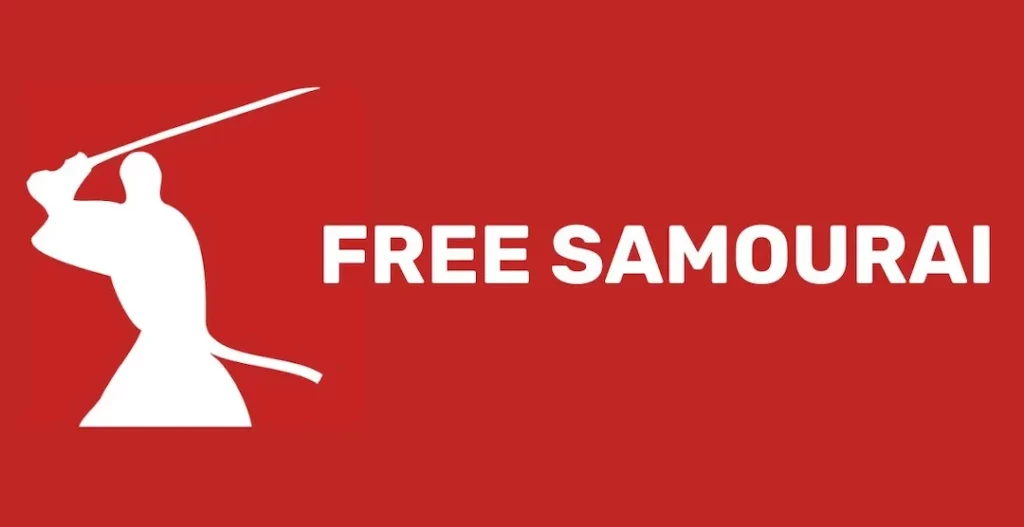Last month, the Treasury lifted restrictions on Tornado Cash. As a result, many revived their appeals for the Trump administration to dismiss the indictments against Keonne Rodriguez and William Lonergan Hill, the creators of Samourai Wallet who are presently being prosecuted in the Southern District of New York.
What many seem to have overlooked is that the Treasury’s lifting of sanctions against Tornado Cash also disclosed the Treasury’s position regarding privacy services. And the outlook isn’t promising.
The removal of Tornado Cash from OFAC’s SDN list was prompted by a lawsuit initiated by Tornado Cash users in a Texas District Court case referred to as Van Loon v. US Department of the Treasury, in which it was claimed that the sanctioning of the software was illegal and infringed upon the right to free speech.
The appeal reached the Fifth Circuit, where three judges determined that sanctioning software like Tornado Cash was, in fact, unlawful, as OFAC’s SDN list was intended for entities, foreign individuals, and property – categories to which Tornado Cash does not belong.
Consequently, the Fifth Circuit instructed the Texas District Court to approve the plaintiff’s motion for partial summary judgement, which would create a binding court ruling stating that software such as Tornado Cash cannot be sanctioned by the US Government under existing sanction laws.
Currently, the Treasury is pushing back, striving to prevent the ruling that would limit the agency’s authority to sanction unalterable privacy software, by contending that a ruling is unnecessary since Tornado Cash has been delisted from the OFAC registry. However, without this ruling, the agency could continue to impose sanctions on software that operates similarly to Tornado Cash, and even reimpose sanctions on Tornado Cash itself.
The lifting of sanctions on Tornado Cash is largely unrelated to the prosecution of the Samourai Wallet developers, as neither faces accusations of sanctions evasion.
Nevertheless, the criminal case against Tornado Cash developer Roman Storm holds significant importance for their case, as it could establish a precedent for the prosecution of Rodriguez and Hill, who have been indicted with conspiracy to operate an unlicensed money transmitter and conspiracy to commit money laundering.
Both Tornado Cash and Samourai Wallet are strictly non-custodial software projects, which have long been regarded as exempt from anti-money laundering regulations typically imposed on financial institutions. Should Storm be convicted in July, the Government would find it substantially easier to successfully prosecute the two Bitcoin developers as well.
While many were optimistic that the new administration would bring an end to the prior administration’s aggressive pursuit of cryptocurrency developers, it appears that Trump’s Treasury is equally unfriendly toward the development of privacy code.
As CoinCenter pointed out at the close of last year, a pro-crypto administration doesn’t automatically translate into a pro-privacy and pro-financial freedom administration. It appears we are now observing the implications of this: while legal actions are being dismissed against “crypto casinos” like Coinbase and Uniswap, privacy software developers like Rodriguez and Hill continue to encounter the threat of lengthy prison sentences.
The Treasury seems to justify these prosecutions with its strict approach to combatting terrorist financing and cybercrime. As the agency stated in the announcement regarding the overturning of Tornado Cash’s sanctions:
“Treasury remains dedicated to utilizing our authorities to unveil and disrupt the capacity of malicious cyber actors to profit from their unlawful conduct through the exploitation of digital assets and the digital assets ecosystem.”
In what seems to be unprecedented, the Treasury also issued a warning for users of privacy services, asserting that “U.S. individuals should exercise caution before engaging in transactions that present such risks.”
In an email concerning the lifting of sanctions against Tornado Cash, blockchain surveillance firm Chainalysis echoes the Treasury’s viewpoint, stating that “organizations with exposure to [mixer] addresses should seek legal counsel regarding their responses and obligations to OFAC.”
The message appears unambiguous: while it is not officially illegal to utilize or engage with mixing services, the Treasury seems to be keeping all avenues open to pursue charges against individuals involved with privacy services in the future.
As I have expressed in several articles for Bitcoin Magazine, this perspective should not come as a shock and is rather a direct consequence of integrating digital assets into US regulatory frameworks. As Bitcoin’s significance to the Government increases, it will become increasingly important to eradicate any activities deemed illicit or criminal.
Treasury Secretary Scott Bessent has now pointed out in the context of Tornado Cash’s sanctions lifting, stating that “securing the digital asset industry from exploitation by North Korea and other illegal actors is crucial to establishing U.S. leadership and ensuring that the American populace can benefit from financial innovation and inclusion.”
While North Korea is alleged to depend on cryptocurrency for financing its operations, the overall proportion of unlawful funds within the cryptocurrency sector remains trivial, estimated at only 0.14% of all on-chain transactions according to Chainalysis itself.
Simultaneously, the motivations for individuals to utilize privacy services are plentiful. Given that every transaction is visible on-chain, privacy services assist individuals in maintaining their transaction histories and net worth confidential, thereby safeguarding their physical security.
As Jameson Lopp frequently emphasizes in his physical Bitcoin attacks repository, disclosing information regarding your Bitcoin public may lead to violent home invasions, kidnappings, and in extreme cases, murder.
The Government’s persistent crackdown on privacy services appears disproportionate in light of eliminating 0.14% of illicit actors, but it seems the Trump administration is not in a rush to take the appropriate measures to safeguard Americans and #FreeSamourai.
This is a guest post by L0la L33tz. The views expressed are solely their own and do not necessarily reflect those of BTC Inc or Bitcoin Magazine.

